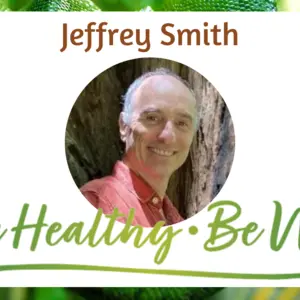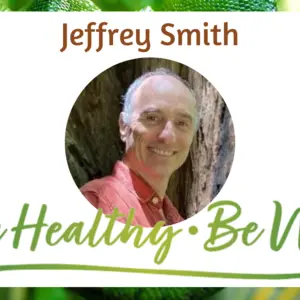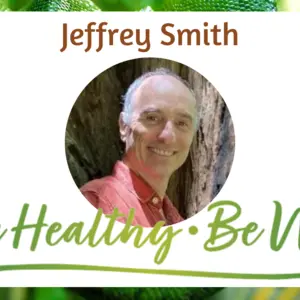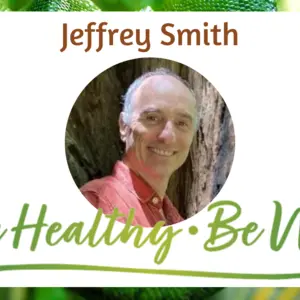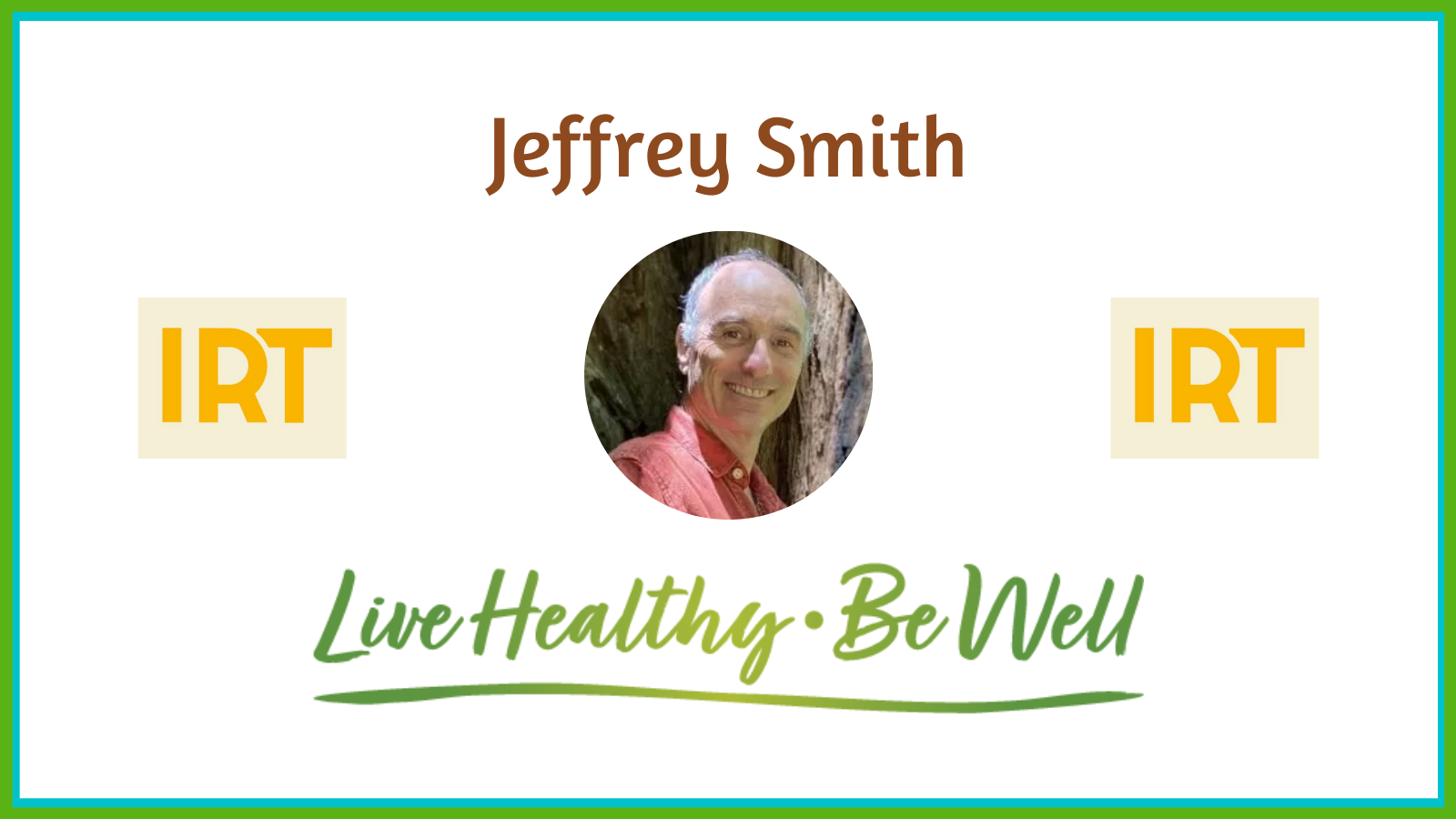

Food, Farming and Nutrition
Don't Let the Genetically Engineered Gene out of the Bottle - Episode 147
Don't Let the Genetically Engineered Gene out of the Bottle - Episode 147
Length Posted on October 27, 2022
Jeffrey Smith, the leading spokesperson concerning the dangers of genetically engineered food and microbes, is interviewed by Claude Mayers.
The latest imprecise technology of gene-editing is discussed, which is part of what Mr. Smith calls “GMO 2.0.” Resulting mutant microbes and toxic foods threatening our health and that of the planet, are delineated. Cancer-causing chemical poison glyphosate (main ingredient in “Roundup”), sprayed a few days pre-harvest on currently non-GMO wheat, oats, garbanzo beans, etc., without any labelling/indication for the consumer. In addition, it is also sprayed on GMO “Roundup Ready” crops like corn, canola, soy, cottonseed (many of you eat this as an oil that is part of your baked products.
The benefits of organic food to avoid these dangers, and heal those adversely affected by their GMO-laden diet, are offered. The cheap availability of gene-editing kits like CRISPR costing as little as $169 for home use, or in high school science classes, then the resulting microbes randomly produced, being flushed down the drain to disperse into our water, soil, and air, is also revealed.
The Institute for Responsible Technology is working to protect you and the World from GMOs to Safeguarding Biological Evolution from GMOs 2.0. Signup for updates from IRT & Live Healthy Be Well to learn easy ways for you to take action against this existential threat and get the latest news and tips to help you and your family be well.
Join our Be Well Community to learn, engage with like-minded members, connect with me and help you and your family and our planet heal. Plus, get exclusive access and discounts to my films, courses, videos, and health products from our partner Azure Standard. Please consider donating to the Institute for Responsible Technology.
Your contribution, together with the support of other caring individuals, enables us to reach millions of people with critical information about the health risks of dangerous genetically modified food and pesticides.






 By
By

